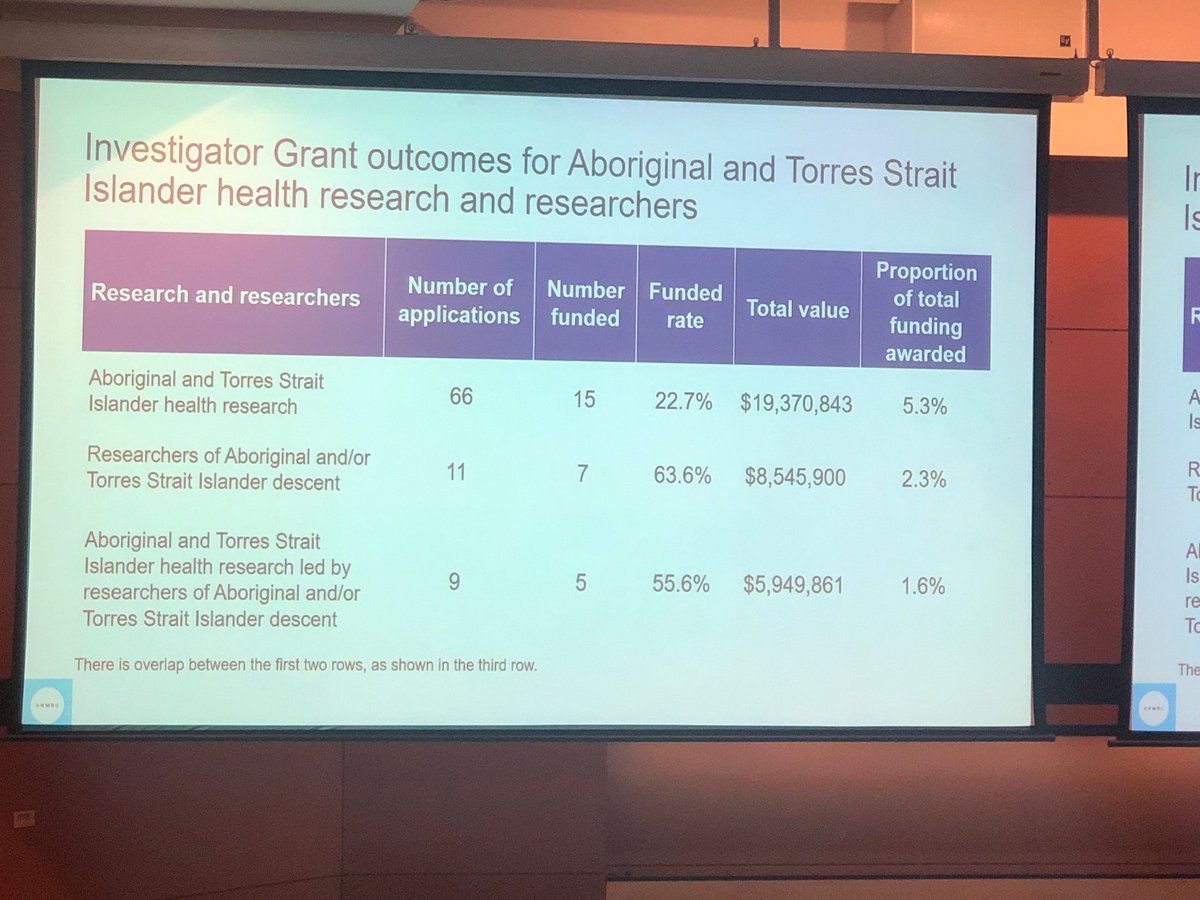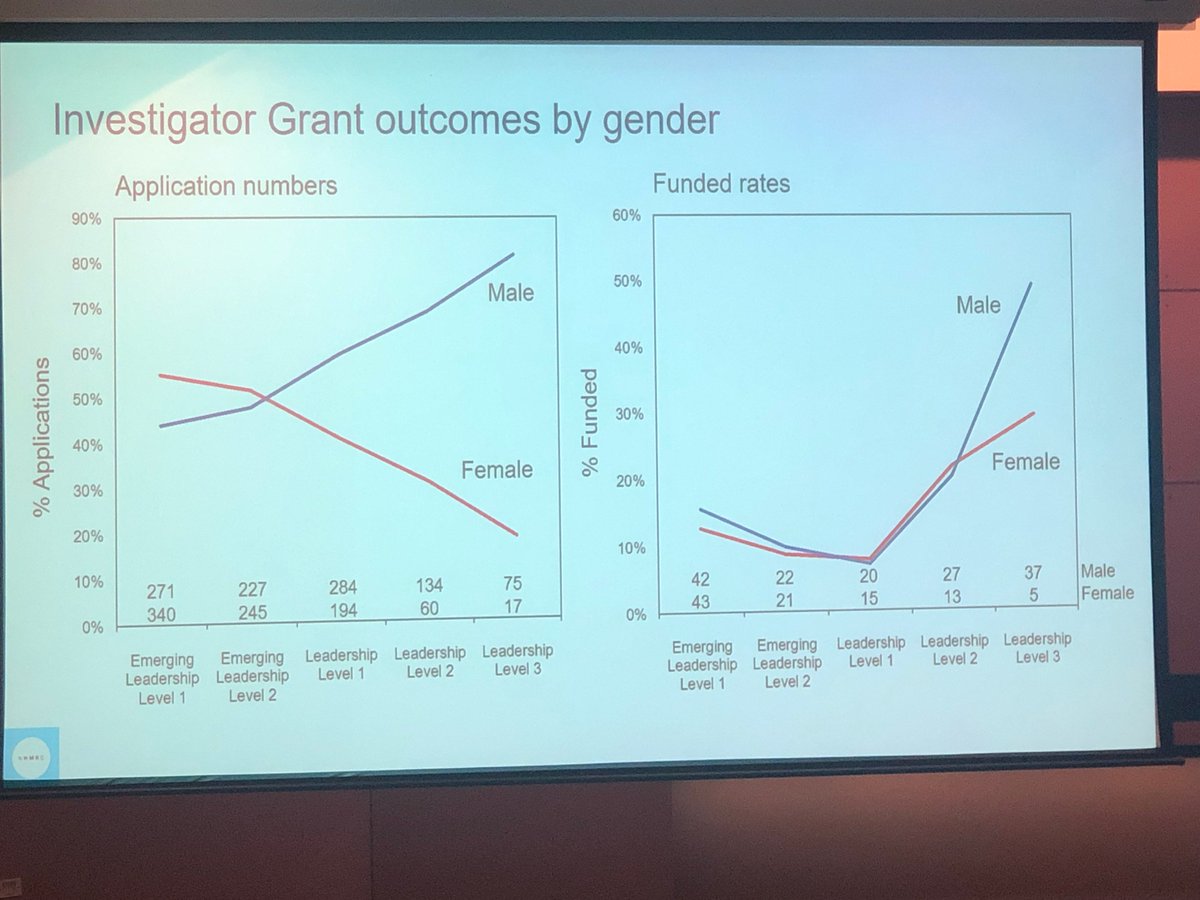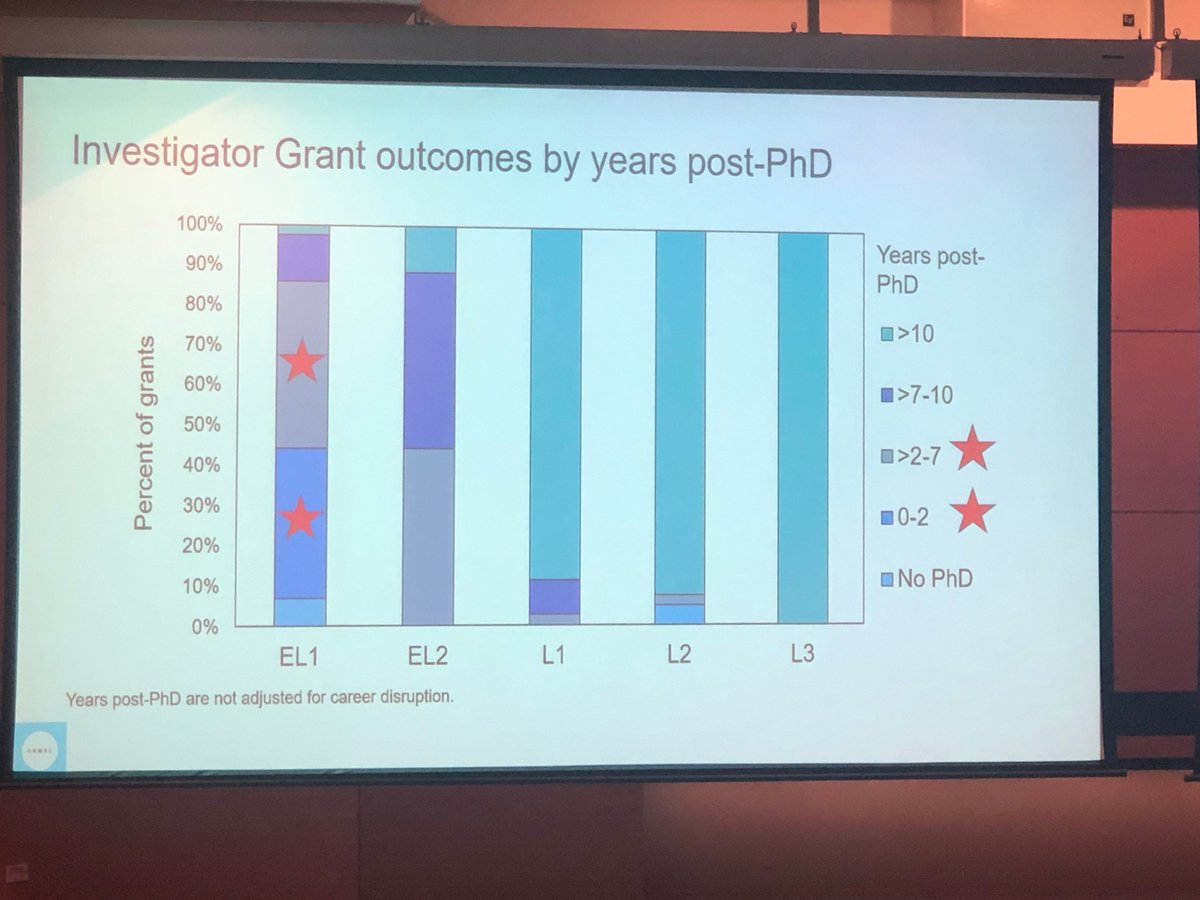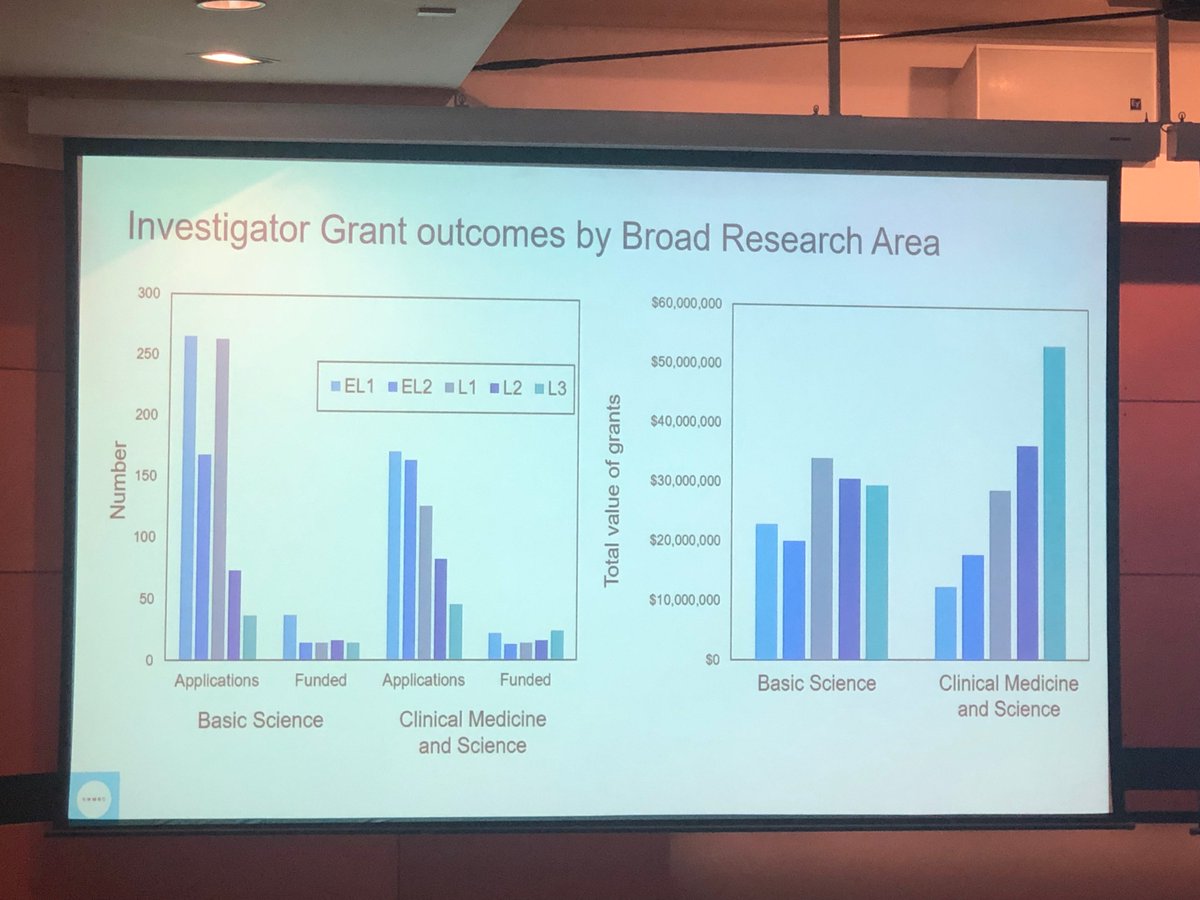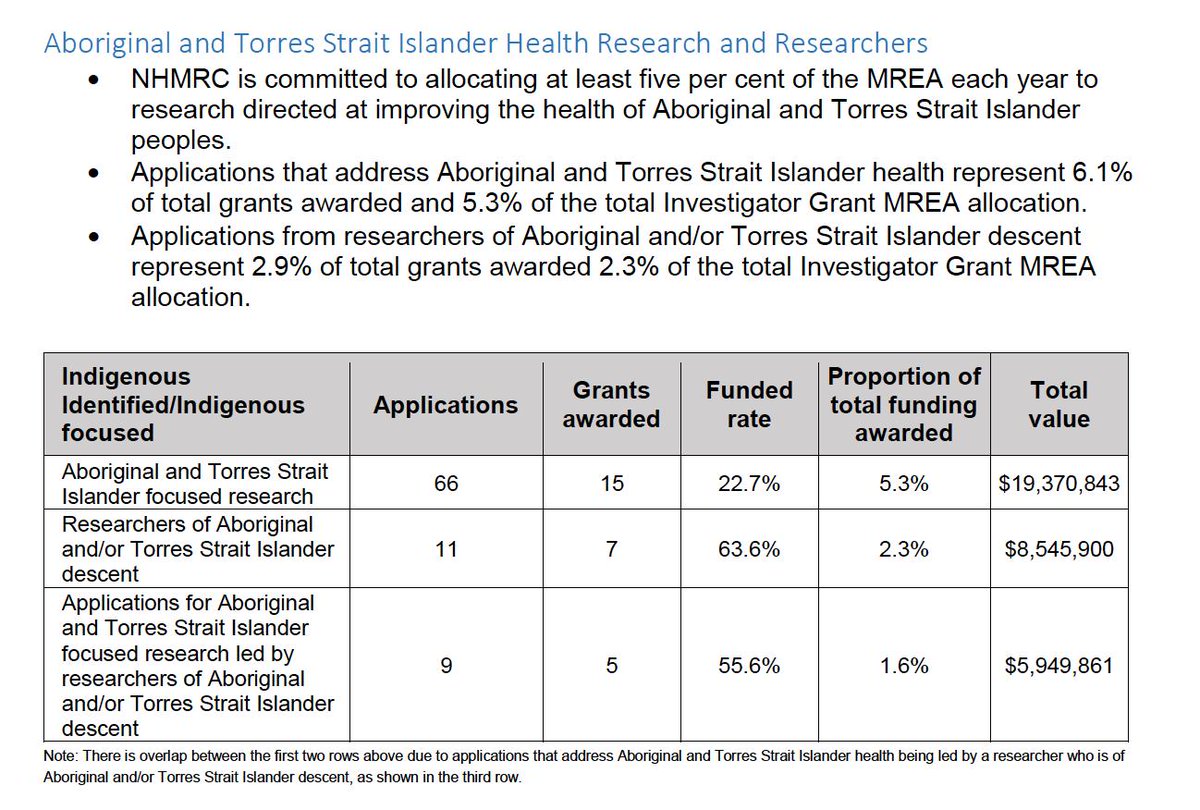Q: What are the changes coming up for Investigator grants?
AK: More space will be allowed for track record. But no major changes to the scheme over the next few years.
AK: We struggled with this especially with ROPE and career disruptions. Hard to find an equitable way of dealing with this. We really don't know what peer reviewers do here. We are looking at this.
AK: Its true and we realise that it is unfair that some apps are discussed whereas others are not. We are thinking about how to address this.
AK: We are working on ways to improve equity within the system, especially for women, those with families, etc. Partially addressed with structural funding but there is more we plan to do.
AK: We are not telling peer reviewer how to do this. We are expecting reviewers to follow the guidelines we provide them with. Looking into this.
AK: We relied heavily on peer review. Was not our policy. We don't have enough info to make any decisions to intervene. Even success rates across each level not necessarily the best idea.
AK: We don't really know.
AK: We attempted to form suitably qualified peer review panels but don't really know what happened here. Deep-dive to follow.
AK: They are separate funds with separate rules, different focus for each. Working to make this clearer based on specific priorities.
AK: Reviewer panels are heterogeneous and we rely on their expertise to addresses this suitably.
AK: Look at current outcomes and discuss with your RAOs. We don't want to over-guide. It's a competitive process.
AK: We're disappointed about this. We are hoping to do a pilot end of the year. Stay tuned.





